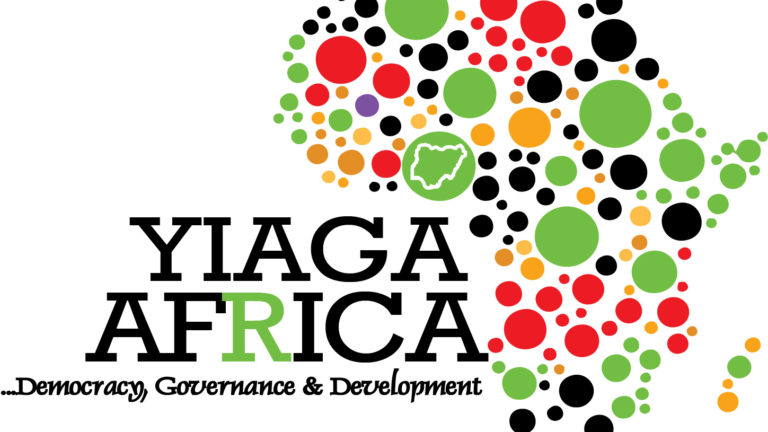Yiaga Africa lists 8 LGAs as violence hotspots
Yaiga Africa has flagged eight of the Edo’s 18 local government areas (LGAs) as potential hotspots for violence, calling for adequate measures to ensure a peaceful election. This was revealed in a pre-election statement on Thursday, presented by Dr. Aisha Abdullahi and Samson Itodo, Chair of the 2024 Edo Election Mission and Executive Director of […]

Youth Initiative for Advocacy Growth and Advancement (YIAGA)
Yaiga Africa has flagged eight of the Edo’s 18 local government areas (LGAs) as potential hotspots for violence, calling for adequate measures to ensure a peaceful election.
This was revealed in a pre-election statement on Thursday, presented by Dr. Aisha Abdullahi and Samson Itodo, Chair of the 2024 Edo Election Mission and Executive Director of Yiaga Africa, respectively.
The election has been marked by tensions, including the refusal of the Peoples Democratic Party (PDP) and its candidate to sign the peace accord.
Yiaga Africa stated that the Edo election would serve as a barometer for assessing the nation’s commitment to electoral integrity.
- Nigerians: Our hopes dashed over Dangote fuel price
- CAN holds prayer sessions against violence as campaigns end
It expressed concern that violence and intimidation could be used to suppress voters in specific areas, disrupt INEC’s deployment of materials, or influence the outcome at polling units.
The group identified the following LGAs as violence hotspots: Ikpoba/Okha, Oredo, Egor, Ovia South West, Ovia North East, Esan South East, Etsako West, and Etsako East. They stressed the need for a neutral and strategic deployment of security forces in these areas.
Dr. Abdullahi and Itodo highlighted several challenges the election will face, including economic hardship, security concerns, and public distrust in state institutions. They also outlined three key tests for the election: the impartiality of security agencies, the resilience of citizens, and the integrity of the Independent National Electoral Commission (INEC).
Abdullahi also highlighted instances of voter inducement during the pre-election campaign, where political parties and candidates distributed cash, food, and other items. He said payments of between N1,000 and N2,000 were reportedly offered to entice voters, raising concerns about the credibility of the electoral process.
Low voter turnout expected
Yiaga Africa also warned that a combination of factors—including fears of violence, economic hardship, and general disillusionment with the political process—could lead to low voter turnout. Voter participation has already been on the decline in Edo State, from 32% in 2016 to 27% in 2020, the group added.
To maintain transparency during the collation of results, Yiaga Africa recommended that INEC establish a strong oversight mechanism for collation officers, ensuring accountability and allowing access to party agents, election observers, and media personnel.
Yiaga Africa also stressed that security agencies must act professionally on Election Day, adhering to their code of conduct and respecting the rights of voters, media, and observers. The group emphasised the importance of ensuring that accredited media and observers have the freedom to move about without restriction during the election.
